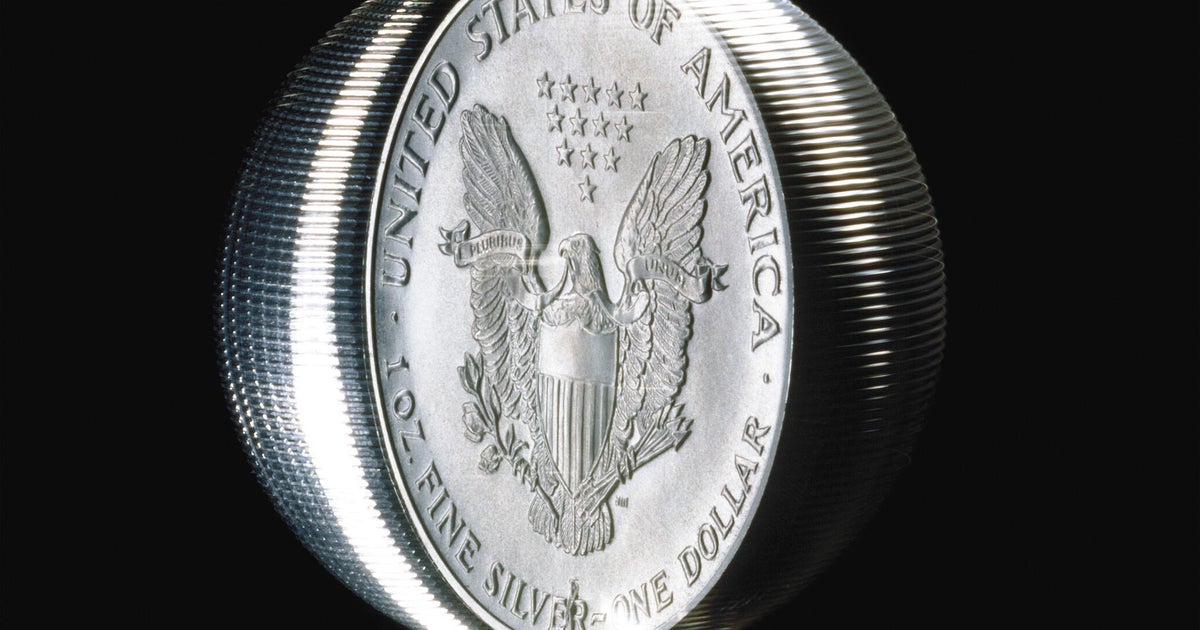Why should you refinance your mortgage?
The start of a new year could bring about new challenges and new motivations. It can be a time to reflect on what's working and what isn't. January is also a good time to take a closer look at your personal financial situation. This can include incorporating new money-saving strategies as well as methods to cut existing debt.
For homeowners, it may also be worth investigating the benefits of mortgage refinancing. While interest rates are not as advantageous as they were during the height of the pandemic (when they dropped to historic lows) they're still competitive. Accordingly, for some homeowners, now may still be a good time to refinance their home loan.
By answering a few simple questions you can easily determine if mortgage refinancing is worth it for you.
Why should you refinance your mortgage?
There are multiple reasons why you may want to refinance your mortgage. Here are three common ones to know.
To save money with a lower interest rate
Arguably the best reason to refinance your mortgage is to save money by securing a lower interest rate. While interest rates are around 6-7% at the time of writing, homeowners with rates higher than that may benefit from refinancing now. It's generally considered worth it if a homeowner can obtain an interest rate a full percentage point lower than what they currently have. The benefits of this will be felt immediately via a smaller monthly payment.
Just understand that a new loan will require a new closing process and you'll have to pay closing costs all over again. So make sure you're planning on staying in your current home long enough to break even on the costs of refinancing.
You can get started with a mortgage refinance by answering a few short questions here.
To reduce the length of their loan
Most mortgage lengths are pegged to 30-year terms. But refinancing can reduce the length of your term. By refinancing to a 15-year or 10-year mortgage, you could pay off your loan quicker, freeing up cash you otherwise would have spent in the coming years. This will also allow you to save money that would have been spent on interest instead. So, if you would prefer to reduce the length of your loan - and want to save money on interest - then refinancing is likely worth pursuing.
Just note that a condensed loan term will result in higher monthly payments. So you won't save money immediately. The benefit of reducing the length of your loan is primarily tied to the money you'll save in the future versus refinancing to a lower interest rate, which will save you money now. You can crunch the numbers with a shorter term length by using the calculator below.
To lock in a fixed-rate mortgage
If you initially secured an adjustable-rate mortgage (ARM) then you may have once enjoyed the benefits of a low mortgage rate. But if it's since changed (and increased) then you're probably looking to revert back to a lower rate. By refinancing your mortgage you can lock in a fixed-rate, thus eliminating the unpredictability of your current circumstances. This will allow for more efficient budgeting and ensure that what you pay this month will also be the same next month and in the months and years to come.
The bottom line
Homeowners refinance their mortgages for all different reasons. Traditionally, however, they do so in order to secure a lower interest rate, reduce their term, or lock in a fixed-rate mortgage. Sometimes they can do this all at once. But even if they can take advantage of just one of these benefits then it still may be worth pursuing.
Not sure if a refinance makes sense for you? Answer a few brief questions here and find out!




